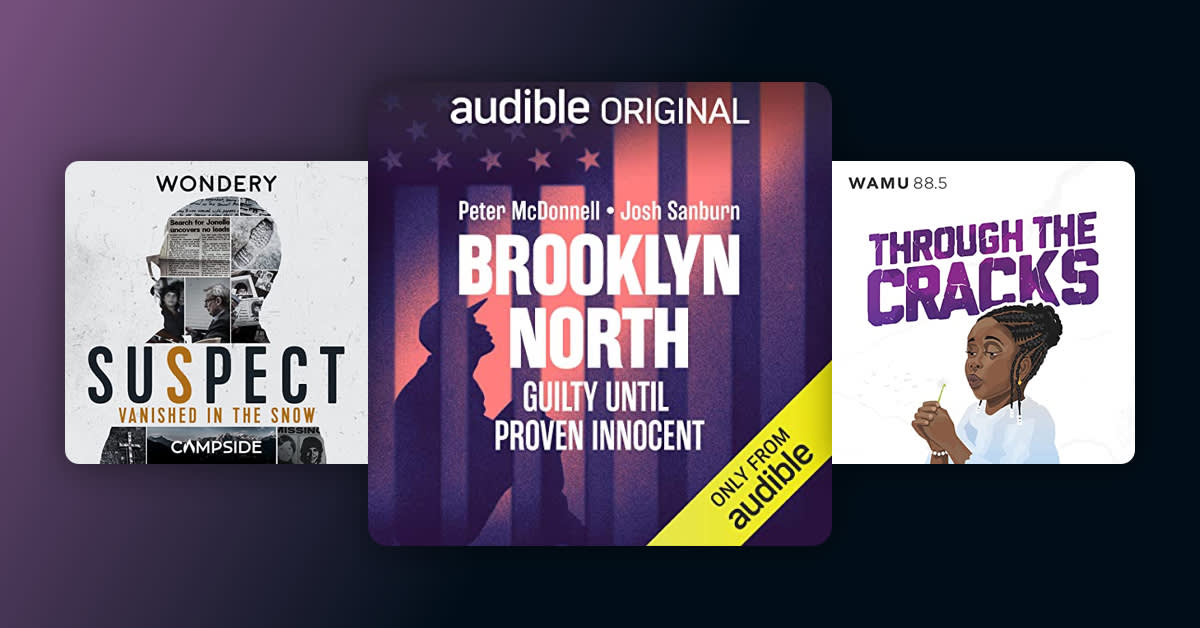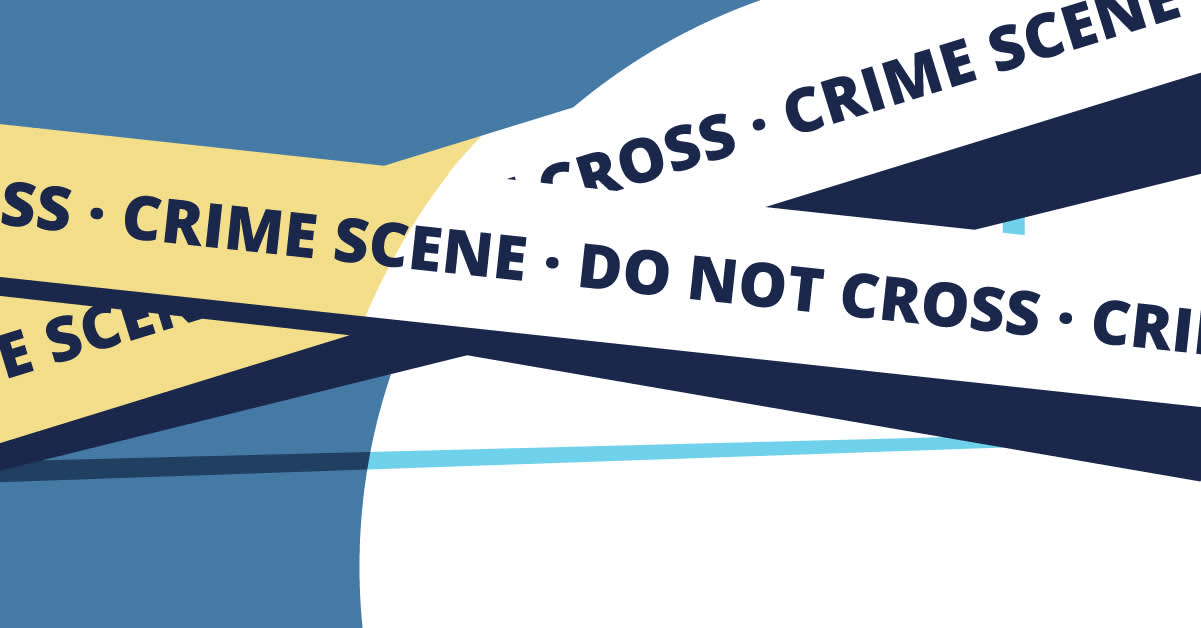“We wouldn’t be talking about this had she been a Black woman,” I pointed out to my friend Martha.
“It shouldn’t be a race issue,” she said.
We were in one of the guestrooms of her Fifth Avenue apartment; it was 1990. I usually stayed with Martha and her husband when I was visiting from Italy, where I was working and living. We were talking about the Central Park jogger case of 1989. Five young men of color had been accused of raping and beating a white jogger. Even though the case began to unravel that night when the crime scene didn’t corroborate with some of the young men’s statements, and there was no DNA match, they still served time.
Martha is white. As her only close Black friend, I spent hours talking with her about the state of race in America. It's a conversation that will never go away.
The press reported that the victim was a blonde banker who loved her daily jogs in Central Park. Even at dusk, alone, she trusted the park. I never did, except with friends on blankets listening to the Philharmonic, and we always walked out of the park in groups. Years before, I’d gone jogging there one morning with my sister. We saw a man in rustling bushes. You can likely guess what he was doing. We abruptly turned around and ran back to our nearby apartments.
“Disgusting!” I yelled. That was our last jog in Central Park.
When bad things happen to white women, the press will report on everything. We will learn the color of their hair and eyes and what kind of body they had—slight or athletic. We will learn about her good job and how impeccably educated she was. Friends will reminisce about her bubbly personality and how willing she was to always help others.
Bad things happen to Black and Brown women every day. But no one is talking about the color of their hair and eyes, their job, their education, or how much they are loved by family and community. You will never know about their build or how bubbly a personality they had. They are not remembered as lighting up rooms when they walked in, and they are never portrayed as being saintly.
In an email, I asked Audrey Edwards, an author and former executive editor at Essence magazine who often writes on issues of race and gender, for her take on the subject. She wrote back, “White women have always been portrayed as more valuable in American society—blonde hair, blue eyes; more beautiful and desired. And therefore, more in need of protection than women of color. This is nothing new. It’s just that media has become more incessant in how it covers EVERYTHING!”
As I searched for true-crime content that centers on POC, I found that there wasn’t a whole lot. Still, I was pleasantly surprised to discover a growing gamut of podcasts that runs from deep-dive single case investigations, such as one about the glamorous Black jewel thief Doris Payne, to compilations focusing on missing and murdered Black women, and Black serial killers—yes, they exist. Want some true crime on a lighter note? Redhanded, a British podcast, takes on the macabre in a chatty, entertaining manner with two hosts, one of South Asian descent.
Podcasts
Host Amara Cofer researches and creates all the gripping content in Black Girl Gone. In each episode, this podcast focuses on a different true story of a Black or Brown woman in America who went missing or was murdered.
Evil Lives Amongst Us is a chilling podcast that features horrific crimes committed by African Americans, including the case of the recently convicted New Jersey serial killer, Khalil Wheeler-Weaver.
This 10-part Audible Original podcast is centered on four Black men wrongfully convicted at the height of the war on drugs. Brooklyn North elucidates how we can and must work together to create a fair and egalitarian justice system for all.
This podcast offers a true account of a Black jewel thief known for her heists in rich playgrounds such as Monte Carlo. Doris Payne's bold and brazen thefts changed the way jewelry stores show their precious merchandise to prospective customers.
WAMU senior producer Jonquilyn Hill hosts this twisty, nuanced podcast that investigates the disappearance of Relisha Rudd, who went missing from a DC family shelter at age eight in 2014, and hasn’t been seen since. 18 days passed before Relisha was declared "missing."
Arpana Jinaga was 24 years old in 2008 when she was found strangled in her apartment after a big Halloween party in her building. A Black man was imprisoned for nine years for the crime and then found not-guilty. Suspect delves into this still-unsolved case.
Audiobooks
In 1957, the wife of a Florida citrus baron is raped in her home, and she claims the perpetrator was a “husky Negro.” But for some reason, the sheriff, a known racist, turns his attention to a mentally impaired white 19-year-old. From Pulitzer Prize-winning author Gilbert King, Beneath a Ruthless Sun unfolds a powerful story centered on race and integration.
In this listen, Dr. Jennifer L. Eberhardt examines how we talk about bias and how we address racial disparities and inequities. From neighborhoods to schools to workplaces, she exposes racial bias at all levels in our society, and provides tools to address it.
This audiobook centers on crimes committed against Native Americans and colonists, and how the two collided on the notion of serving justice when an Indigenous hunter is attacked by two white fur traders. In Covered with Night, historian Nicole Eustace reconstructs the crime and exposes the Native American form of justice, based on forgiveness, and the harsh British Law that called for the killers’ execution.
Eunice Hunton Carter, the granddaughter of slaves, graduated from Smith College and became a prosecutor. Carter was the only non-white and non-male member of the team of lawyers selected by Thomas E. Dewey to help clean up the underworld. And it was her strategy that took down the notorious Lucky Luciano. In Invisible, author Stephen L. Carter tells the true story of a remarkable woman, who happens to be his grandmother.
Though it isn't true crime, Black Noir is an important listen. This collection showcases the work of some of the best African American writers of crime fiction, such as Walter Mosley, Chester Himes, Richard Wright, Robert Geer, Cary Phillips, and Frank Bailey. Their books are counted among the most influential of the genre.















